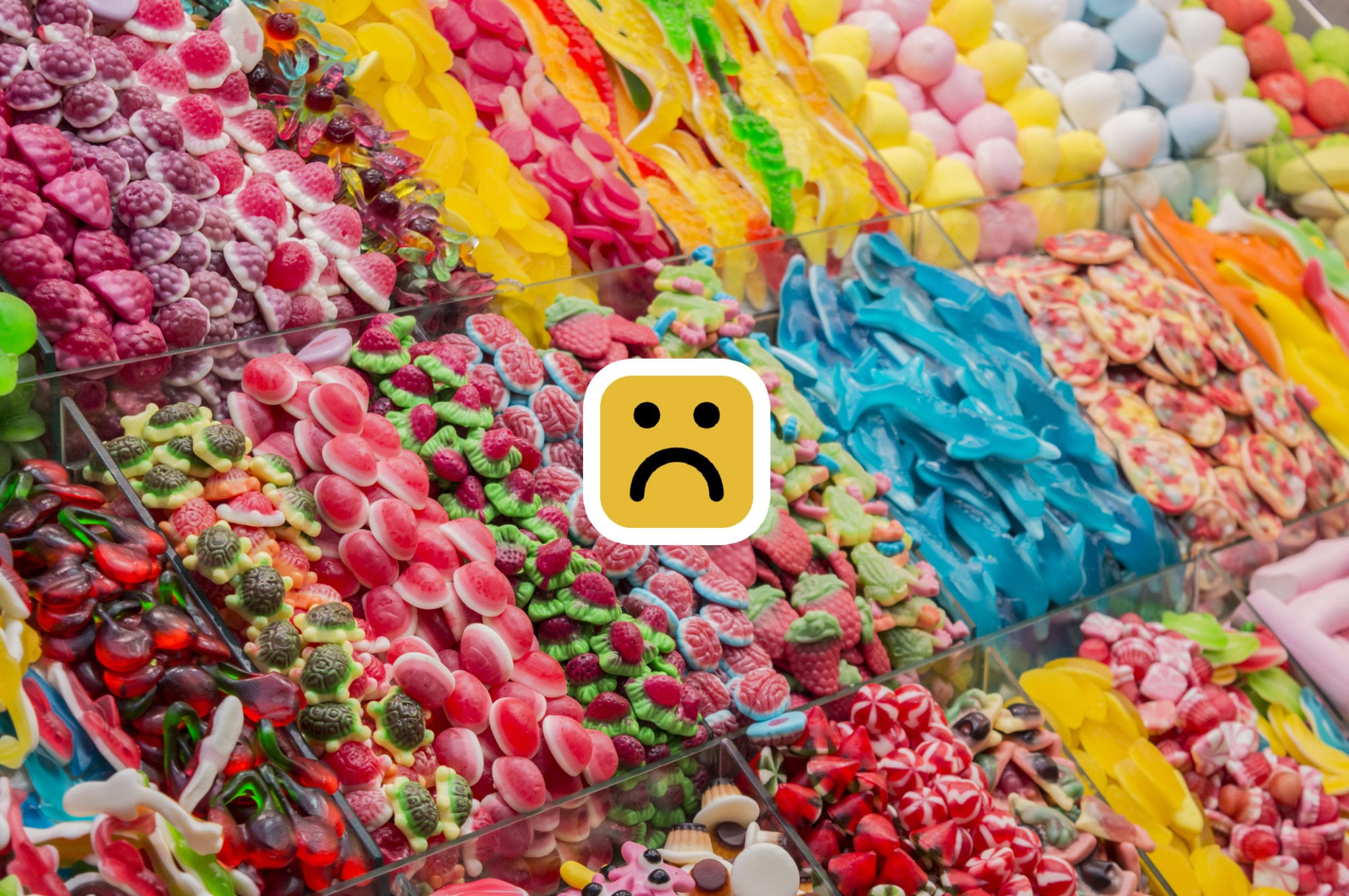For those of you who are crazy about black licorice, you might want to take it easy on the stuff. In a 2017 consumer update, the Food and Drug Administration (FDA) warns that a person can actually overdose on black licorice. We knew there was something shady about that candy, if you can even call it that.
The FDA states that several medical journals have linked black licorice to health issues in people over 40. It is now recommended that those over the age of 40 consume no more than two ounces of black licorice per day. Eating more than that amount for two weeks straight can land someone in the hospital with seriously concerning heart problems.
According to the FDA, black licorice contains glycyrrhizin, the sweetening compound derived from licorice root. Consuming glycyrrhizin can cause our body’s potassium levels to drop, which can lead to abnormal heart rhythms, high blood pressure, lethargy, swelling, and even congestive heart failure. Yikes!
It should be noted that many foods in the United States that are licorice-flavored or contain “licorice flavoring” most likely do not have any real licorice in them. Instead, they are probably flavored with anise oil, which smells and tastes similar to licorice.
Even though those over the age of 40 are at a greater risk for overdosing on licorice, the FDA recommends that people of all ages should chill out on their licorice consumption. Guys, it’s not that good. It’s just not.
If by the time you’re reading this, you’re on your 30th licorice nib of the day and experiencing an irregular heartbeat, put the licorice down and contact your healthcare provider.

We’re unsure why anyone would eat that much black licorice or even keep black licorice in their homes, but you’ve been warned. The taste of black licorice isn’t worth risking your heart for, is it?

